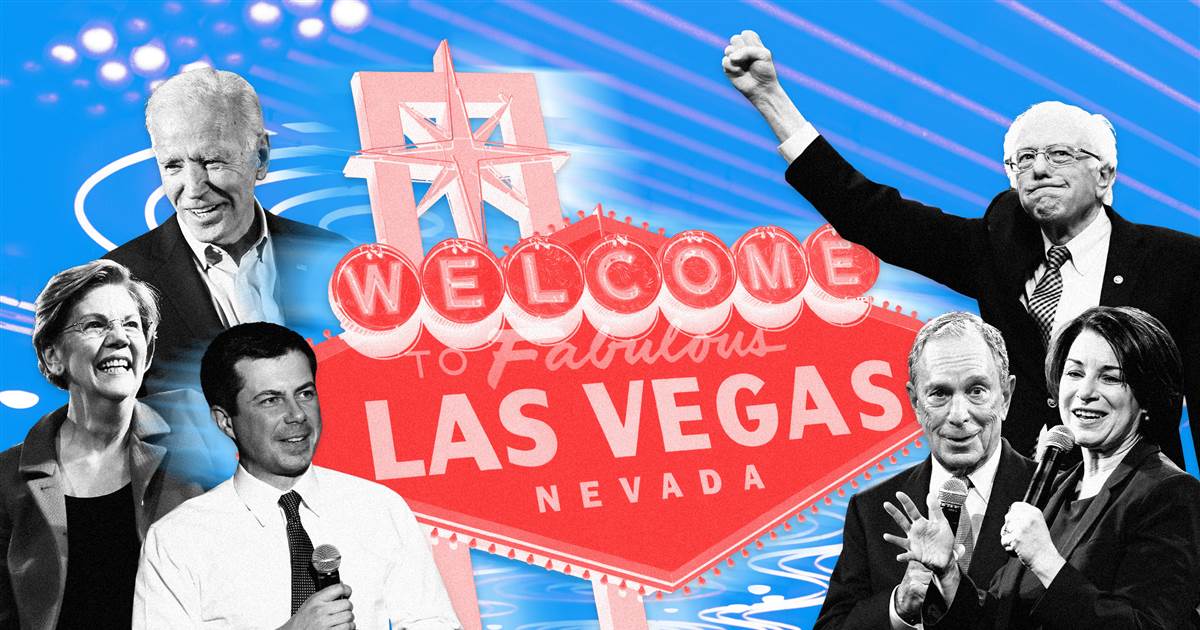FEBRUARY 20, 2020 – . . . not America. Yesterday evening, my wife watched the Democratic “debate.” To be blunt, we were appalled by much of the proceedings. And neither one of us can stand what has disgraced the White House and the country for the past three years. That loser seemed to be the winner last night.
In the first place, in case you haven’t noticed, the leading theme in American politics today is anger. And that’s not a good thing. The leading theme on the “debate” stage was anger—amplified by shouting, scowling, and finger-pointing. But anger is not the quality of good executive leadership, which involves continuous cajoling, convincing, negotiating, and coalition building.
Second, as cultural heirs of the Wild West, we Americans love to “fight.” “Fighting” can be a necessary and admirable trait in contact sport or military engagement, but it’s not a quality that will bring a polarized nation together. It will not unite the Disunited States of America.
Third, as I’ve written previously, the “debate” format exposes how broken the selection process is. As the candidates took cheap shots at their fellow Democrats, demonstrated their fighting anger, and claimed dubious credit for “winning” and “doing” stuff implicitly single-handedly, I thought (again) about the position they’re all seeking—one that presides over . . .
Two million employees;
A federal budget of over $4 trillion;
Five thousand appointments—including to the third branch of government;
The entire military—including the nuclear codes;
National security;
Acute crises no one is currently thinking about; but . . .
. . . a position that does not issue judicial opinions and does not pass legislation . . . or get it passed when the opposing party controls one or both houses of Congress. (Quick! Does anyone know which Senator seats are up for re-election and who his running for them?)
Again—after Election Day, the winner will have only two months to assemble a cabinet and inner circle of close advisors. When will the moderators ask the candidates, “What thought have you given to who will be your Chief of Staff, your Secretary of State . . . et alia?”
And apart from policy positions, how cool, calm, and collected is a candidate under pressure—and most likely, extreme fatigue? How good at delegating? How good at taking criticism from advisors? How skilled at selecting advisors? Someone who is great at spitting when they talk might be woefully lacking the foregoing traits.
None of these critical considerations receives any attention in the “debates” or elsewhere in the marathon campaign. And since no one asks, no candidate has to answer, and we wind up with what we have.
A far more probative process is followed in hiring an assistant vice president at a large bank than in selecting the most top-level executive in the world.
All of which leads to this possible paradox: the single most disqualifying trait in a candidate for president might be the desire to be president.
(Remember to subscribe to this blog and receive notifications of new posts by email.)
© 2020 by Eric Nilsson
